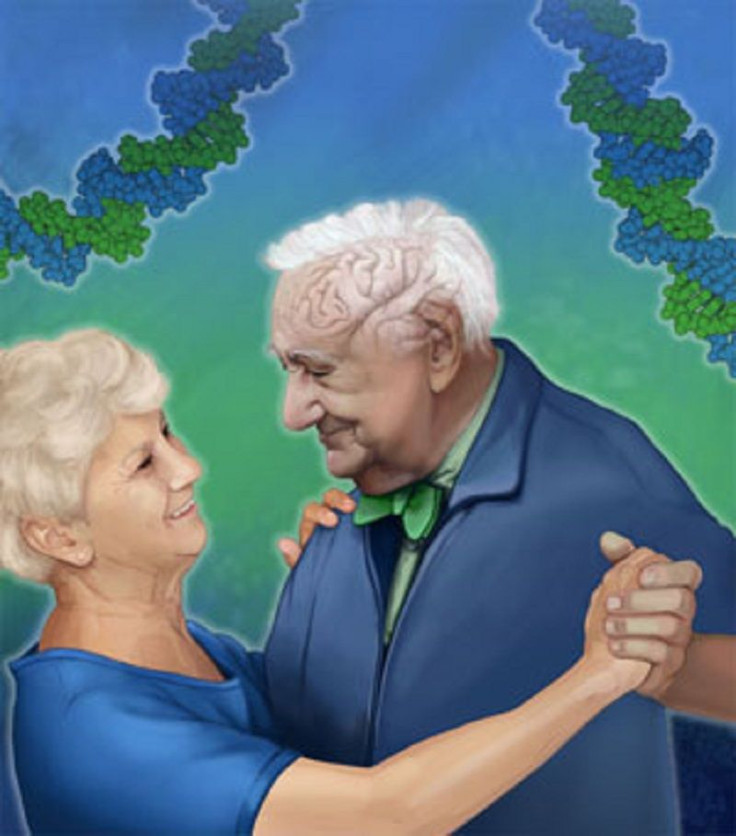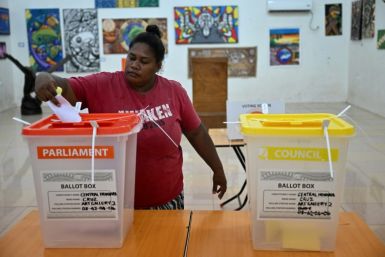Researchers fail to find silver bullet for healthy aging

The secrets to aging and long life continues to interest the medical community that Samumed has raised $220 million (AUD$287.7 million) to invent and develop drugs that would reverse aging. Samumed’s focus is on regenerating aging cells of seniors so it could be as powerful as cells of developing foetus.
Intervention through cell regeneration could be the path because insofar as the search for genes behind healthy aging is concerned, scientists say they fail to find a silver bullet for healthy longevity. What researchers from Scripps Translational Science Institute (STSI) found was that weaker signals among common and rare variant sites. These collectively suggests that protection against cognitive decline contributes to healthy aging, reports CBS.
The research, published in Cell journal, suggests a possible link between long-term cognitive health and protection from chronic diseases, responsible for 90 percent of deaths in the US and other industrialised nations and over 75 percent of health care costs.
For the study, STSI enrolled more than 1,400 adults aged 80 to 105 who, despite their advanced age, did not develop any chronic conditions or ailments such as cancer, stroke, Alzheimer’s, Parkinson’s, diabetes and cardiovascular diseases, whom they called Wellderly. The researchers sequenced the whole genome of more than 500 of the healthy seniors and compared their DNA to the genetic data of 700 individuals who represent the general population.
A comparison of the two groups’ DNA showed that members of the Wellderly group have significantly lower genetic risks for Alzheimer’s disease and coronary artery diseases, but there is no difference between the two groups in genetic risk for cancer, stroke or Type 2 diabetes. Dr Eric Topol, STSI director, stresses that the study’s finding indicate protection from cognitive decline is associated with health span, but it does not necessarily imply cause and effect.
It suggests protective behaviours or other genetic characteristics could be at play among the Wellderly. But it also showed protection from cognitive decline could be the key to good health as people advance in years, says Dr Ali Torkamani, co-author of the study.
Torkamani adds that the genetic variants could, one day, offer a pathway to develop new treatments for Alzheimer’s disease.






